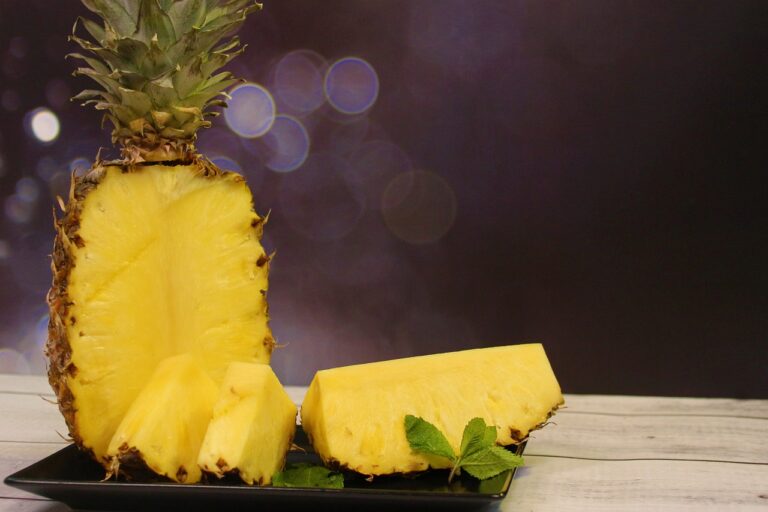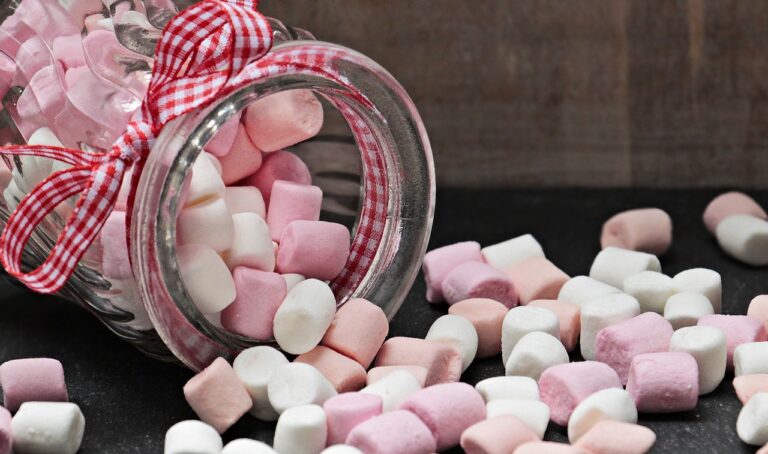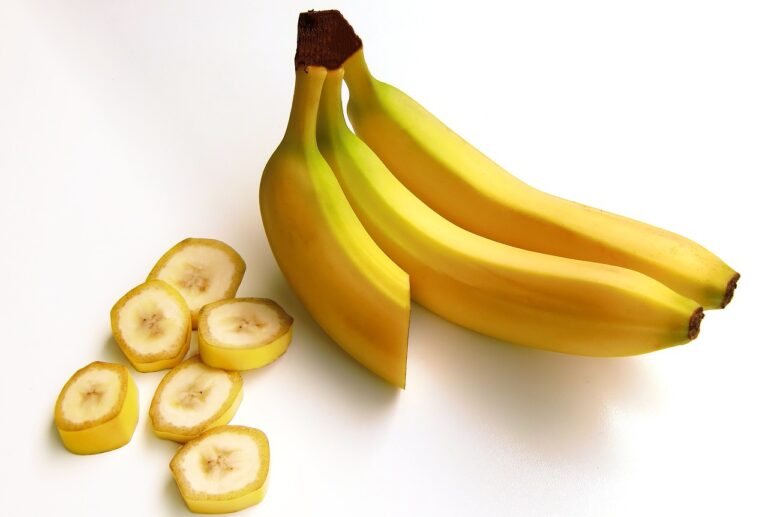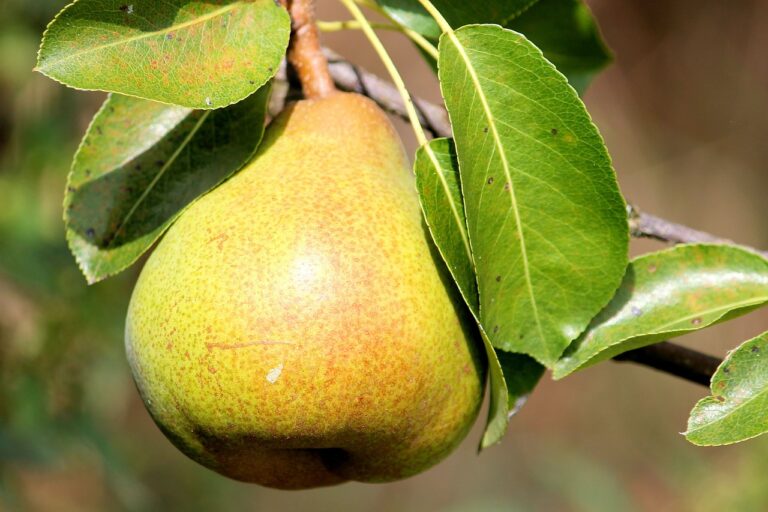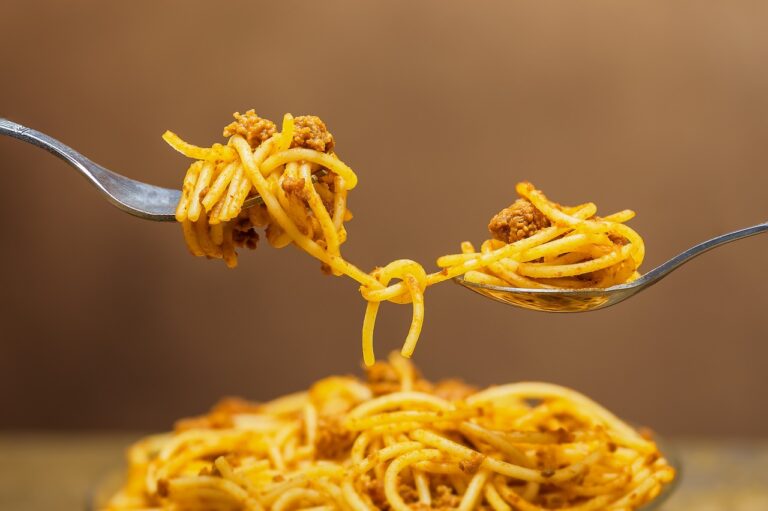Discover 10 Interesting Reasons Why Are Craving Water
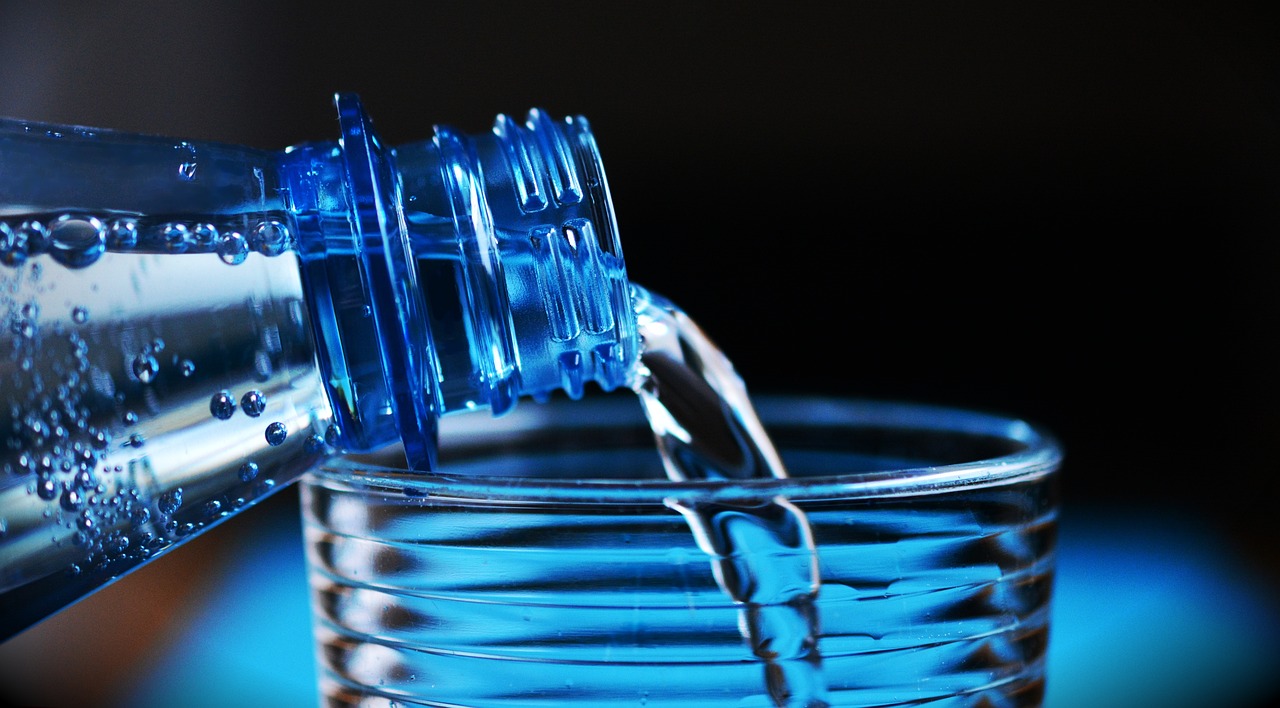
Hydration is essential to the overall health and functioning of the human body. Water plays a pivotal role in numerous bodily functions and is crucial for survival. While we all experience thirst occasionally, an intensified or persistent craving for water can signify various underlying factors. In this article, we’ll explore ten reasons why one might experience an increased desire to consume water and the implications of each.
Why Am I Craving Water?
1. Dehydration
Dehydration occurs when the body loses more fluids than it takes in, causing a deficit in the amount needed to function properly.
Causes: It can result from not drinking enough water, excessive sweating, diarrhea, or vomiting. Prolonged exposure to high temperatures and physical exertion without adequate fluid intake can also lead to dehydration.
Implications: Symptoms include dry mouth, fatigue, dark yellow urine, and headaches. Severe dehydration can lead to complications like heat injuries, kidney problems, and seizures.
2. High Salt or Sugar Intake
Consuming foods or drinks high in salt or sugar can lead to an increased thirst sensation.
Causes: Sodium and sugar both influence the body’s fluid balance. A high intake can cause the body to draw water from cells, leading to a feeling of thirst.
Implications: Continually satisfying these cravings without addressing the root cause can lead to overhydration or other health concerns related to excessive salt or sugar consumption.
3. Diabetes
Increased thirst is a common symptom of diabetes, particularly in undiagnosed or poorly managed cases.
Causes: High blood sugar levels cause the kidneys to work harder to filter and absorb excess glucose. When they can’t keep up, the excess glucose is expelled with fluids from the tissues, leading to frequent urination and consequent dehydration.
Implications: Regularly feeling thirsty, combined with other symptoms like frequent urination, fatigue, and blurred vision, should prompt an immediate medical consultation.
4. Medications
Some medications list thirst as a side effect.
Causes: Diuretics, antipsychotics, antiepileptics, and certain antihypertensive drugs can all lead to increased thirst as they can cause dehydration or alter the body’s perception of its fluid needs.
Implications: If persistent thirst arises after starting a new medication, one should consult their doctor. It’s essential to weigh the medication’s benefits against potential side effects.
5. Dry Mouth
Dry mouth, or xerostomia, is a condition where the salivary glands don’t produce enough saliva.
Causes: This can be due to age, certain medications, smoking, or underlying medical conditions like Sjögren’s syndrome.
Implications: While dry mouth can make one feel constantly thirsty, simply drinking water may not alleviate the sensation. It’s essential to address the root cause and ensure oral health is maintained.
6. Pregnancy
Many pregnant women report an increased thirst, especially during the first trimester.
Causes: Pregnancy increases the volume of blood and other fluids in the body, leading to an increased need for hydration.
Implications: While it’s essential to stay hydrated during pregnancy, excessive thirst, especially when combined with other symptoms, should be discussed with a healthcare professional.
7. Stress
Believe it or not, emotional states, including stress, can influence thirst.
Causes: Stress can lead to a dry mouth and the sensation of thirst. Furthermore, the body’s stress response can alter hormone levels that regulate fluid balance.
Implications: Addressing the root causes of stress and implementing coping mechanisms can help reduce the sensation of thirst related to emotional triggers.
8. Hormonal Changes
Hormones play a significant role in regulating body fluids. Changes in these levels can influence thirst.
Causes: Conditions like diabetes insipidus, hypercalcemia, or certain pituitary gland disorders can alter hormone levels that regulate urine concentration and fluid balance.
Implications: Persistent and unexplained thirst can be a sign of an underlying hormonal disorder. A thorough medical examination can help pinpoint the cause.
9. Diet
The types of foods consumed can significantly influence hydration levels.
Causes: A diet high in spicy foods, caffeine, or alcohol can increase urination and lead to dehydration.
Implications: Being aware of the dietary choices and their implications on hydration is essential. Making adjustments can help reduce excessive thirst.
10. Physical Activity
Regular exercise and physical activity can naturally lead to an increased need for hydration.
Causes: Sweating and increased metabolic processes during exercise lead to fluid loss.
Implications: Athletes and those engaging in prolonged physical activities should ensure they drink enough water before, during, and after their sessions to stay adequately hydrated.
Craving Carbonated Water
Craving carbonated water can often indicate a desire for a refreshing and slightly different taste than plain water offers. The fizziness provides a unique sensory experience that some people find more satisfying or enjoyable than non-carbonated beverages. Additionally, carbonated water can sometimes feel more filling, which might be appealing to those trying to curb their appetite.
However, it’s also possible that the body is seeking relief from indigestion or a feeling of heaviness in the stomach, as carbonation can help some people feel less bloated. The craving might also be a sign of habit or a mental association with relaxation and enjoyment, especially if one usually consumes carbonated drinks in social settings or as a treat. For others, it could simply be a matter of preference, enjoying the slight acidity and carbonation as a palate cleanser or a more interesting alternative to flat water.
Craving Cold Water
Craving cold water is often a sign of the body’s natural desire to cool down, especially after physical exertion or exposure to hot temperatures. The cooling sensation of cold water can help regulate the body’s temperature more effectively than water at room temperature. Moreover, some people find that cold water is more refreshing and satisfying, which might make them more inclined to hydrate adequately.
On a physiological level, drinking cold water can stimulate a slight increase in metabolism as the body works to warm the water to body temperature, which could be an underlying reason for such cravings. Psychologically, the preference for cold water could also stem from past experiences or cultural influences that associate cold drinks with refreshment or relief. Additionally, it might simply be a personal preference without a specific physical need driving the craving, illustrating the diverse ways our bodies and minds interpret and respond to thirst.
Craving Hot Water
Craving hot water can stem from several reasons, including a desire for the comforting and soothing sensation that warmth provides. Drinking hot water is often associated with relaxation and can help soothe the throat, which might be particularly appealing during colder months or when feeling under the weather. Additionally, some believe that hot water aids in digestion, making it a go-to remedy after meals for those who experience digestive discomfort.
Hot water can also be perceived as a detoxifying agent, believed by some to help flush out toxins more effectively than cold water. The practice of drinking hot water might be influenced by cultural habits or traditional medicine, where it is recommended for its purported health benefits. Furthermore, the preference for hot water over cold can also be a matter of taste and habit, with some people finding it more palatable and easier to drink in larger quantities.
Craving Mineral Water
Craving mineral water may indicate the body’s intuitive search for essential minerals like calcium, magnesium, and potassium, which are naturally found in some mineral waters. These minerals are vital for various bodily functions, including bone health, nerve function, and hydration balance. Drinking mineral water can sometimes satisfy specific nutritional deficiencies or cravings, particularly if one’s diet is lacking in these nutrients.
Additionally, the unique taste and texture of mineral water, compared to plain tap water, can make it more appealing to some individuals, leading to a preference or craving. The effervescence in some mineral waters can also offer a sensory experience that is both refreshing and satisfying. Moreover, the belief in the health benefits of mineral water, such as improved digestion and detoxification, might also drive some people to crave it, seeking not just hydration but a perceived wellness boost.
Craving Salt Water
Craving salt water is an unusual craving that might suggest the body is seeking electrolytes, which are crucial for hydration and maintaining the body’s balance of fluids. Salt plays a vital role in this process, and a craving for salt water could be a misguided way the body signals a need for sodium or other minerals. However, drinking salt water is not a safe way to satisfy this craving, as it can lead to dehydration and other health issues.
Instead, this craving might be better addressed by consuming a balanced diet or electrolyte-rich beverages designed for hydration. It’s also possible that the craving for salt water is more psychological, rooted in a craving for savory or salty flavors rather than a physical need for saltwater per se. Additionally, some might associate the taste or idea of salt water with positive memories or feelings, such as time spent by the ocean, leading to a craving that is more nostalgic or emotional than nutritional.
Craving Water After Eating Ice Cream
Craving water after eating ice cream is quite common due to the high sugar and fat content in ice cream, which can lead to a feeling of thirst or dry mouth. Sugar is known to draw water from the body’s tissues, requiring more fluid intake to balance hydration levels. The creamy texture of ice cream might also coat the mouth and throat, creating a temporary sensation of thirst until adequately hydrated.
Moreover, consuming cold treats like ice cream can momentarily alter the perception of thirst, making one more aware of their need for water shortly after. The body’s effort to digest the rich, fatty content of ice cream might also necessitate an increased water intake to aid in digestion and maintain optimal bodily function. This craving is a natural response to balance out the effects of a sweet, indulgent treat, ensuring the body remains hydrated and comfortable.
Craving Water At Night
Craving water at night can be attributed to decreased fluid intake throughout the day, leading to concentrated levels of dehydration by evening. As the body goes without water for extended periods, especially during sleep, it naturally seeks to replenish hydration levels. Additionally, many people might not drink enough water during the day due to busy schedules or lack of access, making nighttime cravings more pronounced.
Sleep environments, such as rooms that are too warm or dry, can also increase the need for water, as they may lead to more significant water loss through respiration and perspiration. The body’s natural circadian rhythms and hormonal changes during the night might influence thirst mechanisms, prompting a need for water. Furthermore, eating salty or spicy foods close to bedtime can exacerbate thirst, making water intake before or during the night a necessity for comfort and hydration.
Craving Water But Not Thirsty
Craving water without feeling thirsty might indicate a psychological rather than a physiological need. Sometimes, the habit of reaching for water can be more about seeking a momentary pause or break in the day rather than actual thirst. Psychological factors, such as stress or boredom, can also manifest as physical cravings, including for water, as a way of coping or distracting oneself.
In some cases, the body might be responding to subtle cues of dehydration that the conscious mind hasn’t fully recognized as thirst yet. Additionally, the craving for water might be linked to a perceived need for cleansing or detoxification, especially in individuals focused on health and wellness practices. It’s also possible that this craving is driven by external influences, such as seeing others drinking water or reading about the benefits of hydration, prompting a desire to consume more water even in the absence of traditional thirst signals.
Craving Water During Period
Craving water during a period is a natural response to the body’s changes and needs during menstruation. Hormonal fluctuations, particularly in progesterone and estrogen levels, can affect the body’s hydration status and lead to feelings of bloating and water retention. Drinking more water can help alleviate these symptoms by promoting better fluid balance and reducing bloating.
Furthermore, some women experience increased sweating and a higher body temperature during their period, which can increase hydration needs. The loss of fluids through menstrual blood, though generally not significantly impacting overall hydration, can also contribute to a heightened sense of needing to drink water. Additionally, cravings for water during this time might be part of a broader range of cravings triggered by hormonal changes, as the body seeks to comfort itself and maintain optimal functioning through adequate hydration.
Craving Water During Pregnancy
Craving water during pregnancy is extremely common due to the increased demands on the body’s hydration needs. Pregnant women require more water to support the amniotic fluid levels, the expansion of blood volume, and to accommodate the needs of the growing fetus. Additionally, pregnancy can heighten the sense of thirst as the body works harder to ensure both the mother and baby are adequately hydrated.
Increased kidney function during pregnancy, which processes extra fluid for both the mother and the fetus, can also lead to a greater need for water intake. Furthermore, many pregnant women experience nausea and vomiting, especially during the first trimester, which can lead to dehydration and an increased craving for water. Craving water is the body’s natural way of signaling the need for additional fluids to support the health and well-being of both the mother and the developing baby.
Craving Water When Sick
Craving water when sick is a common response as the body fights off infection and works to maintain its hydration levels. Illness often leads to increased fluid loss, either through fever, sweating, vomiting, or diarrhea, making hydration crucial for recovery. Drinking water helps to thin mucus and alleviate congestion, making it easier for the body to clear respiratory pathogens.
Moreover, adequate hydration supports the immune system’s function, allowing it to operate more efficiently in combating illness. Many medications taken during illness can also dehydrate the body, increasing the need for water intake. Additionally, when sick, people might have a diminished appetite for food but still recognize the need to consume fluids, making water a comfortable and soothing choice for maintaining hydration.
How To Stop Craving Water
To stop craving water excessively, it’s important to first ensure that you’re meeting your daily hydration needs, as genuine thirst should not be ignored. If you’re drinking ample water but still feeling an unquenchable thirst, consider evaluating your diet for high-sodium foods that might be increasing your thirst levels and adjust accordingly. Regularly monitoring your hydration status by paying attention to the color of your urine, aiming for a light straw color, can also help manage hydration levels effectively.
Incorporating foods with high water content, such as fruits and vegetables, can aid in hydration and might reduce constant water cravings. If the craving persists despite adequate hydration, it could be beneficial to consult a healthcare provider to rule out any underlying conditions such as diabetes. Lastly, creating a balanced routine that includes drinking water at regular intervals throughout the day can prevent sudden, intense cravings by maintaining a steady level of hydration.
Suddenly Craving Water
Suddenly craving water can be a sign that your body is experiencing immediate or acute dehydration. This sudden thirst can occur after engaging in vigorous exercise, spending time in hot weather, or consuming salty or spicy foods, which all increase the body’s need for fluids. It can also be a signal from the body that it’s not been receiving enough water over the course of the day, prompting a rapid increase in thirst as a catch-up mechanism.
Additionally, sudden thirst can be an indicator of a change in health status, such as the onset of diabetes, where increased thirst is a common symptom. Emotional factors like stress or anxiety can also manifest physically, sometimes as an increased need for water. If experiencing sudden, unexplained cravings for water frequently, it’s advisable to consult with a healthcare professional to ensure there isn’t an underlying medical reason.
Toddler Craving Water
When a toddler craves water excessively, it’s important to monitor their intake to ensure it’s within a healthy range, as both too little and too much water can be harmful. Toddlers may crave water due to increased activity levels, especially in hot weather, when their bodies require more fluids to stay hydrated. It’s also possible that they find comfort and satisfaction in the act of drinking water, which can sometimes be a behavioral preference rather than a physical need.
In Conclusion
Craving water is a natural response to various internal and external factors that affect our body’s hydration levels. Understanding these reasons can help individuals address their thirst appropriately and ensure optimal health. When in doubt, or if excessive thirst persists without a clear cause, it’s essential to consult a healthcare professional.

